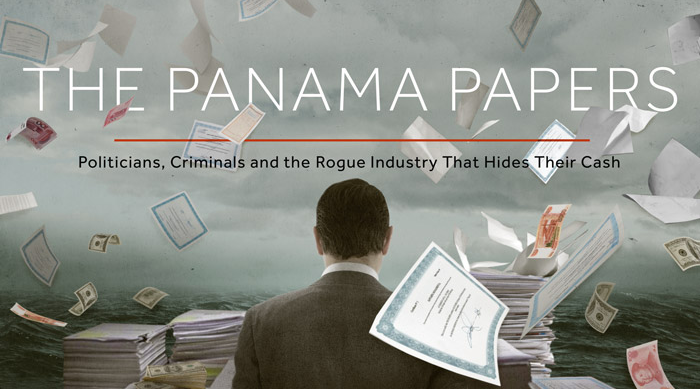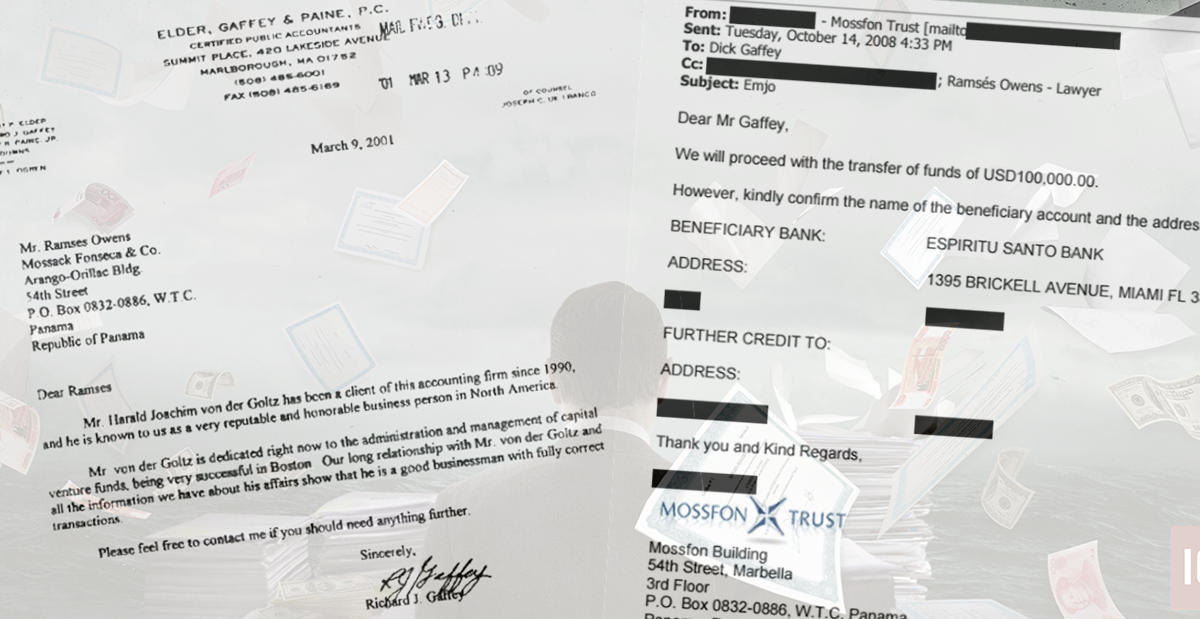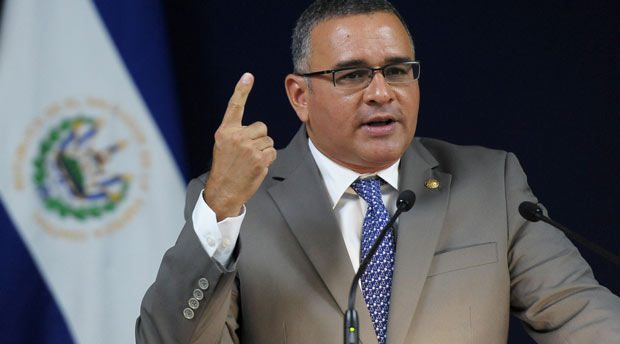The Panama Papers offers “compelling evidence” of the global impact of investigative journalism, according to a new study that highlights at least 147 distinct responses to the investigation by authorities around the world.
The Reuters Institute at Oxford University found that authorities had launched investigations or official inquiries in nearly half the countries that were the subject of reporting. “Substantial legal, regulatory or policy changes,” were implemented by about one-in-five countries or international bodies, according to the report.
“[The findings] offer compelling evidence of the powerful impact that high-profile investigative journalism can have in terms of drawing public attention to a problem, prompting authorities to hold people accountable, and in many cases helping to bring about long-term change,” the study concludes.
The Panama Papers investigation was sparked by a massive leak of internal documents from the Panamanian law firm Mossack Fonseca — which closed its doors last year. Those records showed in never-before-seen detail how the world’s wealthy and well-connected exploit lax banking laws and a network of law firms, accountants and shell businesses to hide their fortunes from taxation.
In an interview with International Consortium of Investigative Journalists, Lucas Graves, lead author of the new study, said the analysis is part of a broader project that dives deep into Panama Papers outcomes to better understand the circumstances that make substantive changes from investigative journalism more likely — and to examine the ways in which the fallout from investigative journalism can spur changes.
The new study reinforces research suggesting that accountability journalism may yield dramatic returns by the standards of social investment. Each dollar invested “can generate hundreds of dollars in benefits to society from changes in public policy,” the new study says, citing a 2016 book by journalism scholar James Hamilton.
The analysis was informed by ICIJ’s own reporting. Researchers mined more than 130 stories published on ICIJ’s website, Graves said. Each story was reviewed in detail in order to catalog specific outcomes.
Some of those outcomes have been seismic. The Icelandic prime minister resigned within days of his own family’s offshore links being exposed, while in Pakistan the prime minister was forced out of his parliament and arrested following the publication of stories about his own family’s offshore connections. A 2018 directive from the European parliament directed member countries to create registries of companies’ true beneficial owners.
Other outcomes are less encouraging. The Reuters team found that backlash against journalists involved in the reporting was almost as common as instances of substantive reform. Journalists in Venezuela and Hong Kong lost their jobs in the aftermath of the Panama Papers, while reporters in Africa received warnings and threats about their stories.
Lucas had followed Panama Papers reporting, but even so, said he was surprised by the sheer number of substantive impacts recorded around the world.
The lesson for other journalists is clear, he said. “You need sustained pressure and reporting over time in order to drive meaningful policy responses.”







